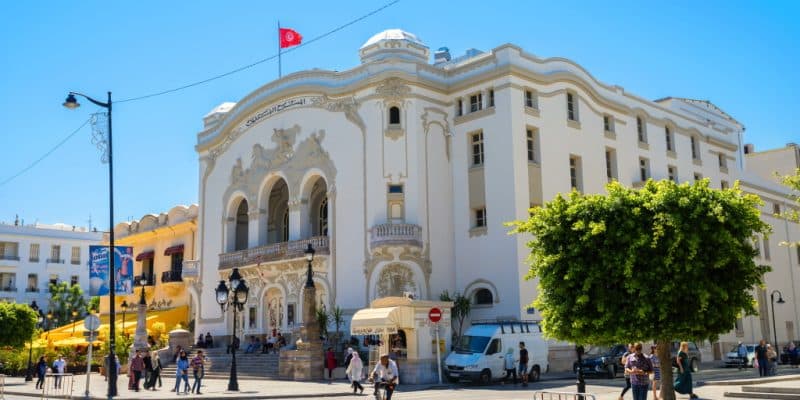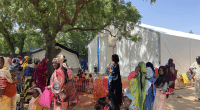With inflation approaching 10% according to the National Institute of Statistics (INS), Tunisia could circumvent its economic crisis through green investments. This is the objective of a World Bank initiative focusing on green finance.
In Tunisia, the International Finance Corporation (IFC) wants to stimulate sustainable growth. Thus, the subsidiary of the World Bank Group in charge of financing the private sector is launching a programme to promote best environmental, social and governance (ESG) practices in this North African country.
This mechanism, which aims to promote green finance, will help stimulate investment, particularly in the agri-food and manufacturing industries as well as in renewable energy. The initiative will be implemented in partnership with the Swiss State Secretariat for Economic Affairs (SECO) at a time when the Tunisian authorities are looking for sustainable solutions to mitigate the surge in food prices exacerbated by the war in Ukraine.
The IFC and SECO will support the Central Bank of Tunisia (BCT) and the Tunis Stock Exchange (BVMT) in adopting good environmental practices and financing green projects by local companies. According to Georges Joseph Ghorra, the IFC’s resident representative in Tunisia, this will help create jobs and develop the circular economy.
Read also-TUNISIA: Tax incentives for the import of electric vehicles
An opinion shared by the Swiss ambassador to Tunisia. “It is a question of facilitating the realisation of essential investments in line with the United Nations’ sustainable development objectives (SDGs),” says Josef Renggli. This initiative is in line with Tunisia’s 2023-2025 Development Plan. As part of this economic programme, the Tunisian government will invest €2.1 billion (7 billion Tunisian dinars) in reducing greenhouse gas emissions (GHG) through the development of eco-construction, improving drinking water supply and recycling household and industrial waste.
Benoit-Ivan Wansi







